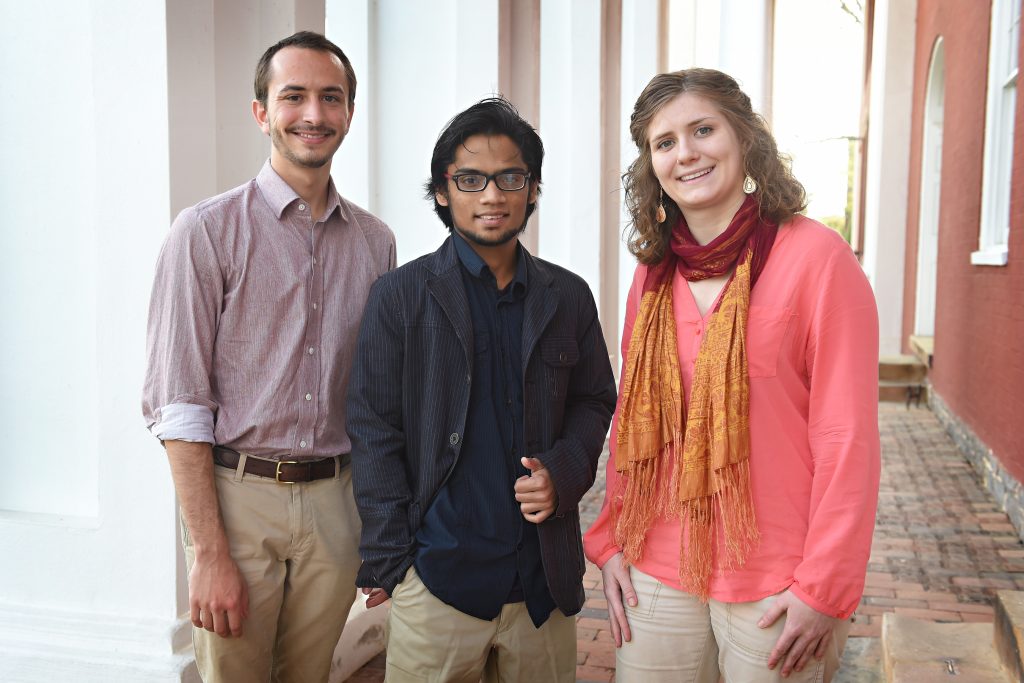Home
About Us
Grants form the Department of Health and Human Services
by: Iola BonggayThe United States Federal Government gives great importance to ensuring the health and welfare of the America and its people. In fact, the government has established an independent agency that is dedicated solely for the provision of essential health and human services to all individuals needing such services.
|
|
In the year 1979, the Department of Health and Human Services, otherwise known as HHS, was established in an effort to protect the health of all Americans and to provide essential human services to everyone, especially to those who are least capable of helping themselves.
At present, the programs of the Department of Health and Human Services are administered through its 11 operating divisions, which includes eight agencies in the US Public Health Service and three human services agencies.
The HHS is the largest agency that administers more grant dollars than all the other federal agencies combined. In fact, the HHS' Medicare program is the country's largest health insurer, administering a staggering amount of more than 1 billion claims per year.
In most instances, the programs of the HHS are handled by their operating divisions depending upon the nature and the intent of the program. The 11 operating divisions are:
1) The Administration for Children and Families (ACF) - the department that handles programs that are mainly centered on providing necessary assistance to child support enforcement, adoption assistance, foster care, child care, and child abuse.
2) The Administration on Aging (AoA) - the department within the HHS that awards annual grants to State government agencies on aging, together with Native American tribal organizations in the hopes of promoting programs that are mandated by the Congress in the Older Americans Act.
3) The Agency for Toxic Substances and Disease Registry (ATSDR) - the department that works in cooperation with other federal, state, and local agencies, tribal government, local communities and healthcare providers in order to work towards alleviating human health risks that are associated with the exposure to hazardous substances.
(continued...)
Grants form the Department of Health and Human Services
Page 2
About The Author
Iola Bonggay is an editor of TopGovernmentGrants.com one the the most comprehensive Websites offering information on government grants and federal government programs. She also maintains Websites providing resources on environmental grants and grants for youth programs. |
Additional Resources
category - Health Grants
Center for Disease Control and Prevention: Training for States on Winnable Battles
HIV Innovations for Improved Patient Outcomes for Priority Populations Program
Behavioral Risk Factor Surveillance System
National Institutes of Health funds the Improving Adherence to Treatment Regimens for HIV-Positive Adolescents and Young Adults
Follow @topgovtgrant
Social Entrepreneurship
Spotlight
Williams School: First-Ever Social Entrepreneurship Summit

The Williams School’s J. Lawrence Connolly Center for Entrepreneurship held its first-ever Social Entrepreneurship Summit on May 2. Business administration professor Drew Hess and his wife, Megan, also a business professor at the Williams School, arranged to gather a dozen student leaders to dinner. They wanted to search for ways the campus and the Williams School could support social entrepreneurship.
